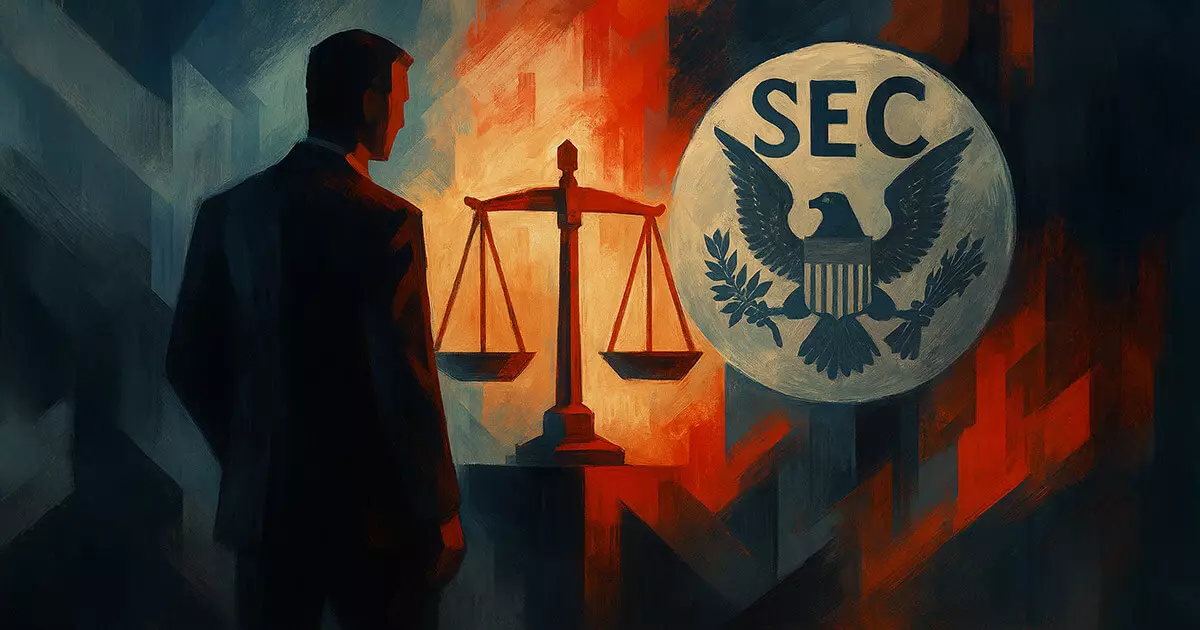In an era where financial security is increasingly fragile, ambitious investors are often lured by promises of high-yield returns that seem too good to pass up. Schemes like the recent collapse of First Liberty Building & Loan exemplify the perilous allure of such promises, which often disguise underlying deception. These fraudulent ventures prey on the natural human desire for quick wealth and financial independence, exploiting trust and naivety to funnel money into a complex web of deceit. While seemingly legitimate, these schemes are built on a foundation of falsehoods, cleverly disguised as lucrative opportunities.
When schemes pitch returns ranging as high as 18%, careful scrutiny should be the first response—not blind faith. Such inflated promises have become a hallmark of fraudulent operations, especially those masquerading as legitimate lending or investment entities. The problem isn’t simply the amount of money lost but the damage inflicted on trust in the financial system and the communities targeted by these predators. As individuals chase extraordinary gains, they often overlook the red flags—lack of transparency, inconsistent loan performance, or an opaque use of investor funds. The allure of rapid profits blinds many to the risks involved, making them easy prey for schemes that are ultimately designed to benefit only those orchestrating the fraud.
Community Ties and Political Connections: Facilitators of Financial Deception
One of the unsettling aspects of recent financial frauds, such as that involving Edwin Frost and First Liberty, is their deep entrenchment within local communities and political circles. Frost’s prominence within Georgia’s conservative political landscape underscores a troubling trend: the intertwining of business misconduct with political influence. This nexus can create an illusion of credibility, making it even more difficult for unsuspecting investors to differentiate between legitimate enterprise and fraudulent enterprise.
The use of political donations and local networking as tools to sustain fraudulent operations raises important questions about oversight and accountability. When individuals with influence leverage their status and connections to build trust, they can effectively mask their misdeeds while simultaneously gaining access to fresh capital. Such relationships also create a protective bubble, where exposing fraudulent activities becomes more complicated due to social and political pressures. This dynamic underscores the importance of robust, independent oversight mechanisms that are resistant to influence and capable of safeguarding innocent investors from the predations of well-connected fraudsters.
The Long-Term Consequences: Erosion of Trust and Systemic Risks
The fallout from Ponzi schemes and similar frauds extends far beyond individual investors; it erodes the foundational trust that sustains the broader financial ecosystem. When communities learn that prominent figures and local businesses have been involved in large-scale deception, skepticism about future investment opportunities increases. This diminishes the willingness of legitimate players to engage with new ventures, thereby stifling economic growth and innovation in affected regions.
Furthermore, these schemes often create a ripple effect within local economies. Victims may suffer severe financial consequences, leading to diminished discretionary spending, inability to fund educational or business pursuits, and in worst cases, personal bankruptcy. As regulatory agencies like the SEC intensify their focus on these schemes, it becomes clear that a proactive approach—rooted in stricter oversight and enhanced transparency—is essential to restore public confidence. The fight against such deception must be relentless, ensuring that fraudsters are held accountable and that soft targets within communities are protected from predatory practices.
The case of First Liberty and Edwin Frost reveals how high-stakes schemes exploit societal vulnerabilities—from the desire for rapid wealth to the trust placed in community and political affiliations. The fight against these frauds is not merely about punishing wrongdoers but about safeguarding the integrity of our financial system and the rights of individuals seeking legitimate prosperity. A skeptical eye and vigilant oversight are critical in deterring future schemes and ensuring that the promise of a fair and transparent marketplace is upheld for all.


















Leave a Reply